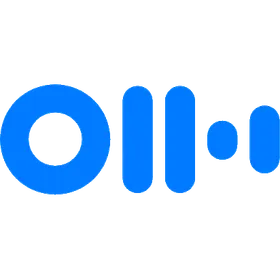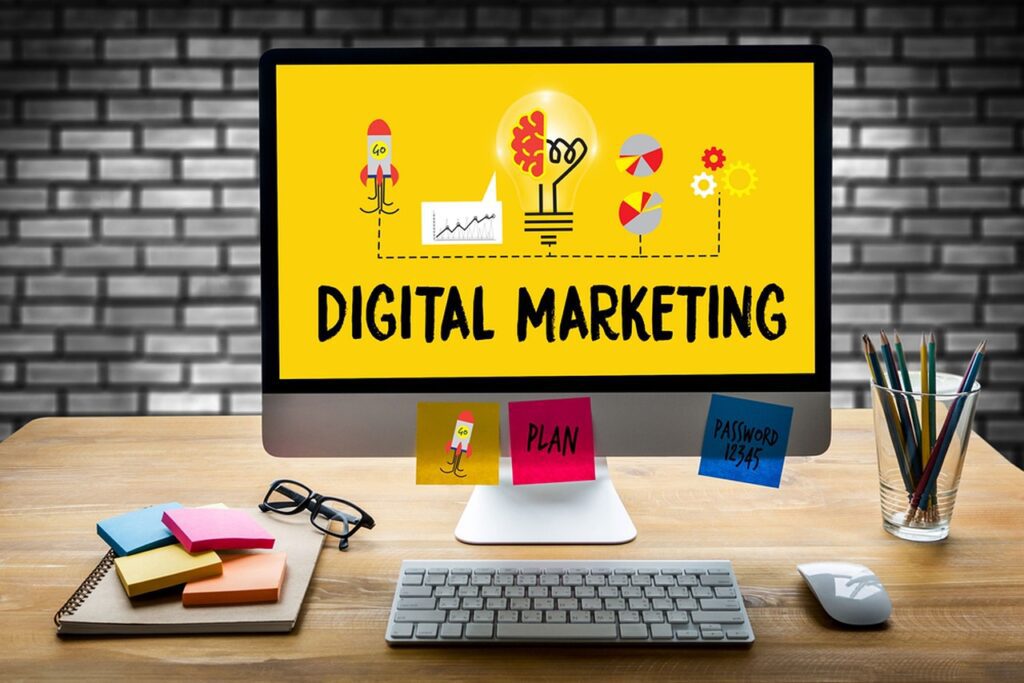Webflow is a web design and development tool that enables users to create responsive websites without having to write a single line of code. Designed for designers, marketers and small businesses, Webflow offers an all-in-one platform for creating, launching and maintaining a website, while guaranteeing flexibility and control.
In this article, we'll explore the aspects that make Webflow an interesting tool, its features, pros and cons, pricing, as well as alternatives potentially worth considering. We'll also include relevant affiliate links to help direct you to the solution that best suits your needs.
Webflow benefits
- Design without limits Webflow allows designers to create pixel-perfect designs. You can imagine and create a site in total freedom, without being limited by prefabricated themes. You have total control over aesthetics.
- Integrated CMS Unlike other platforms, Webflow integrates a powerful content management system (CMS) that allows you to create and manage dynamic content without coding.
- Automatic Responsive Design Creating a responsive site is child's play with Webflow. Every design modification is automatically adapted for different screen types.
- SEO-Friendly Webflow offers good control over SEO parameters (titles, meta-descriptions, etc.) and produces clean, fast-loading code, which is beneficial for SEO. Learn more about the importance of SEO for your site.
- Integrations Webflow connects easily to other tools, such as Zapier, Google Analytics and many others, enabling you to optimize your site and workflows.
Webflow disadvantages
- Learning curve Webflow can be intimidating for new users, especially those without a design background. Unlike tools like Wix or Squarespace, it's a little more complex to get to grips with.
- High costs Webflow can be a little expensive, especially if you need advanced options or multiple projects. Some users will find that subscription and hosting costs can add up.
Detailed Features
- Visual Editor The heart of Webflow is its visual editor, which works like a cross between a drag-and-drop site builder and design software. This means you have total control over every aspect of your site, which you can configure precisely.
- Animations and Interactions : Webflow lets you create complex animations without coding. Perfect for making your site more lively and engaging.
- CMS management Managing content on Webflow is very intuitive, making it a perfect solution for blogs, portfolios and even e-commerce sites.
Competitors and Alternatives
- Wix Wix is often considered a simpler alternative to Webflow. Wix offers an easy-to-use editor but with less extensive customization possibilities. Discover Wix here.
- Squarespace Squarespace offers beautiful themes, an intuitive CMS and a highly accessible user interface. It's an alternative to consider if Webflow's design freedom seems too complex. See Squarespace.
- WordPress with Elementor WordPress remains a powerful alternative to Webflow, especially when combined with page builders like Elementor. Learn more about WordPress.
Rates
Webflow offers several pricing plans, ranging from free offers for discovery to premium plans for advanced users. Tariffs fall into two main categories:
- Site plans From 12$/month, for those who simply want to create a website and publish it online.
- Account plans for agencies or freelancers who need to manage several projects simultaneously.
For more details on current rates, please visit the official Webflow page. here.
My opinion of Webflow
Webflow is a powerful and flexible tool for anyone looking to create a unique website, without coding. It excels in design customization, dynamic content production and SEO management. That said, it's not necessarily the simplest or cheapest solution, but it's worth every penny for those who need creative freedom. For designers or those looking to stand out with a distinctive site, Webflow is an excellent option.
How to use
- Start with Models Webflow templates: Use Webflow templates to get started more quickly and understand the different elements of the editor. This helps overcome the initial learning curve.
- Take a Webflow University Course Webflow: Webflow offers its own learning platform called Webflow University. It contains instructional videos that will guide you through every step of the creation process.
Summary
Webflow is an intuitive, code-free solution for creating aesthetically pleasing, functional websites. While it doesn't offer the ease of access of some of its competitors like Wix, it's the perfect choice for those who want to go beyond the limits of standard design, and produce a scalable, professional site.
Frequently asked questions
- Is Webflow suitable for beginners?
Webflow can be intimidating for absolute beginners, but with Webflow University resources, anyone can learn to use it over time. - Can I create an e-commerce site with Webflow?
Yes, Webflow offers powerful e-commerce features that let you create an online store without coding. - How much does Webflow cost?
Prices depend on your needs, but plans start from 12$/month for a single site.
For more information or to get started with Webflow, visit their official website.










